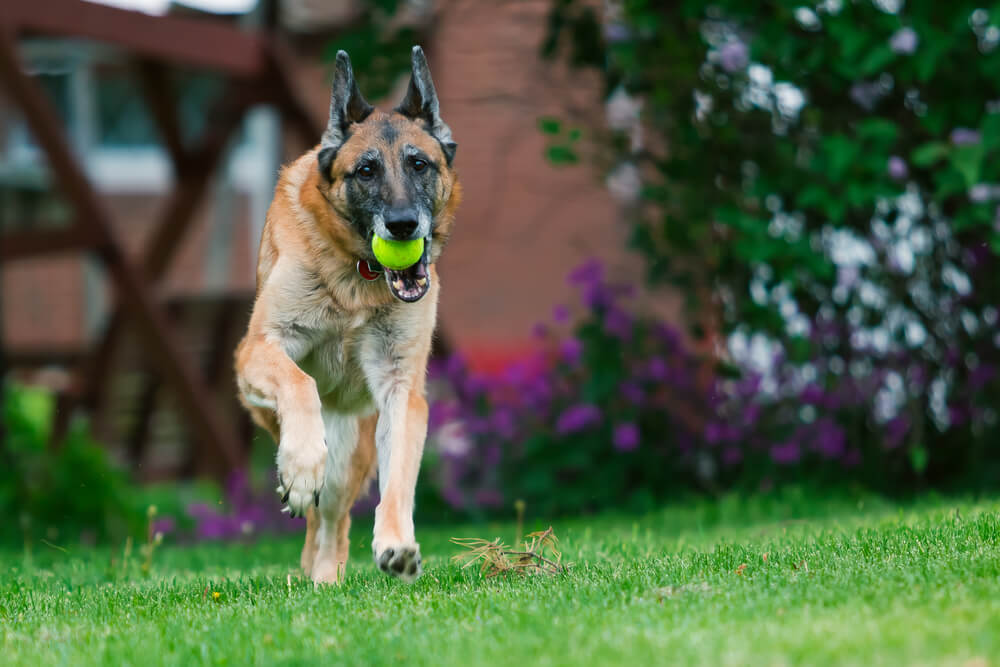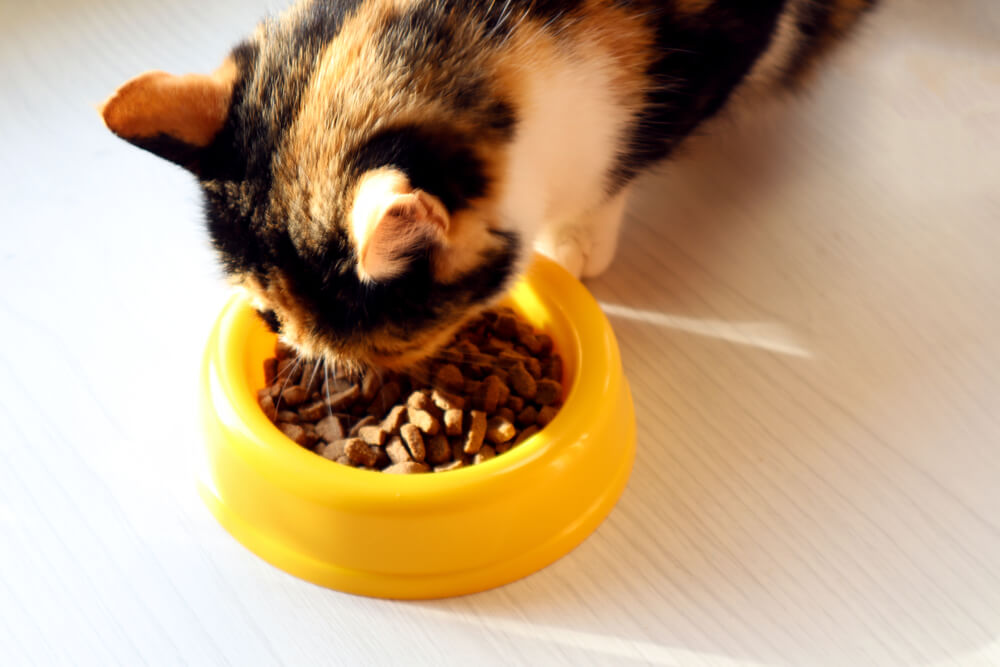
Growing older is never easy, and the process can confuse and unsettle your senior pet. Although no hard-and-fast rule specifies when your pet enters their golden years, small breeds are considered to reach senior status much later than giant breeds. General guidelines classify giant breeds as seniors as early as 5 years of age, while toy and small breeds may not hit senior status until 10 or 11. Cats typically are not considered seniors until 11 years of age.
Although your pet may not yet be displaying behavior or physical changes associated with aging, you can still begin supportive measures to help them age with grace. Help your older pet enjoy a good quality of life for years to come with our Towne Centre Animal Hospital team’s tips below.
Supporting your senior pet’s brain
Your pet’s aging brain can develop a condition similar to Alzheimer’s disease in people, known as cognitive dysfunction. While your older pet may seem to simply be slowing down because of normal aging changes, cognitive dysfunction is a serious condition that can be successfully managed to slow disease progression. Keeping your pet’s brain engaged and active can ward off anxiety, disorientation, and confusion later in life, so ensure you exercise your furry pal’s brain as often as their body.
Keep your senior pet’s mind sharp by:
- Teaching your old pet new tricks — A pet in cognitive dysfunction’s later stages can struggle to learn new skills and retain old ones, so brush up on your four-legged friend’s tricks. Teach them new skills that can maintain joint health and flexibility, such as turning in a circle or bowing, and tricks that encourage them to use their mind, like finding a particular toy from the basket.
- Ditching the food bowl — Dumping your pet’s meals in a boring food bowl provides no enrichment. Instead, purchase or create food puzzles that make your furry pal think critically to figure out how to reach their food. A food puzzle can be as simple as hiding kibble pieces under balls in the wells of a muffin tin or slathering a feeding mat with canned food.
- Encouraging natural behavior — Allowing—and encouraging—your pet to engage in instinctive behaviors goes a long way toward improving their health, happiness, and quality of life. Set up a variety of scratching and climbing surfaces for your cat, and design a digging zone for your dog in the backyard, complete with buried “treasure.”
- Exploring new stimuli — Being stuck in a rut does nothing for your pet’s mental health. While a strict schedule can help minimize stress in pets, add minor novel stimuli for mental enrichment. For example, purchase different types of interactive toys designed to intrigue your pet, whether through sound, scent, or movement. You can also reroute your dog’s walking path to head through a local park instead of around your neighborhood. For your cat, add excitement by installing a bird feeder outside their favorite window perch, or grow cat-friendly plants for them to nibble.
Supporting your senior pet’s body
Aging pets suffer from a multitude of health issues that develop as their bodies wear out, but with early detection screening tests and regular wellness care, you can prevent or reduce the risk of serious problems. More frequent wellness care every six months can spot organ dysfunction, joint disease, periodontal problems, obesity, and much more in the early stages, allowing for easier, more effective management. Our team shares tactics to help manage some of the most common conditions your senior pet might face.
One of the most common conditions that affects senior pets is osteoarthritis, which can leave your pet unable to carry out many activities. Modify your home to help your senior pet navigate comfortably and safely with:
- Rugs or yoga mats for traction
- Elevated food and water bowls
- All resources in easy reach
- Firm orthopedic bedding
- Ramps or steps so your pet can avoid stairs and jumping
Preventing weight gain also alleviates joint pain in senior pets. Each extra pound creates incredible pressure on sore joints, so strive to keep your pet at an ideal weight. Although your senior pet’s metabolism may slow because of endocrine disease or inactivity, encourage weight management by:
- Feeding an appropriate amount
- Exercising with low-impact activities
- Treating conditions that interfere with weight loss

Dental disease also commonly afflicts senior pets. While disease-causing plaque and tartar accumulate in pets in a few short years, senior pets are more likely to suffer from serious oral issues, especially if they did not receive regular prophylactic dental care. To keep your pet’s mouth, gums, and entire body healthy, apply the following oral care tips:
- Brush your pet’s teeth daily
- Choose approved dental treats and chews
- Schedule regular professional dental cleanings
Keep your senior pet happy, healthy, and by your side for a long time by scheduling regular wellness visits with our Towne Centre Animal Hospital team. Give us a call to set up their next appointment.
